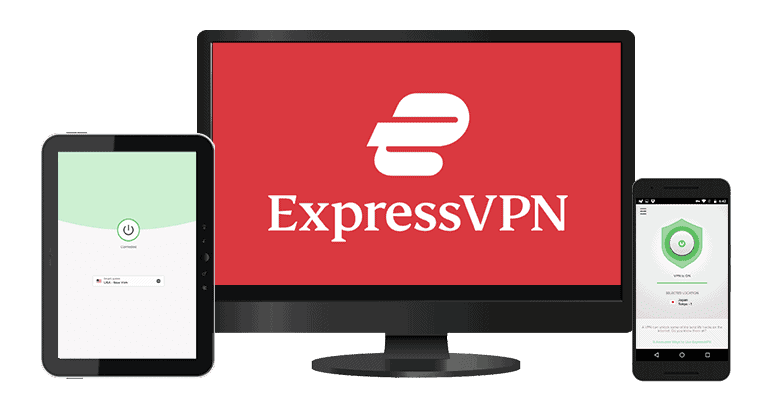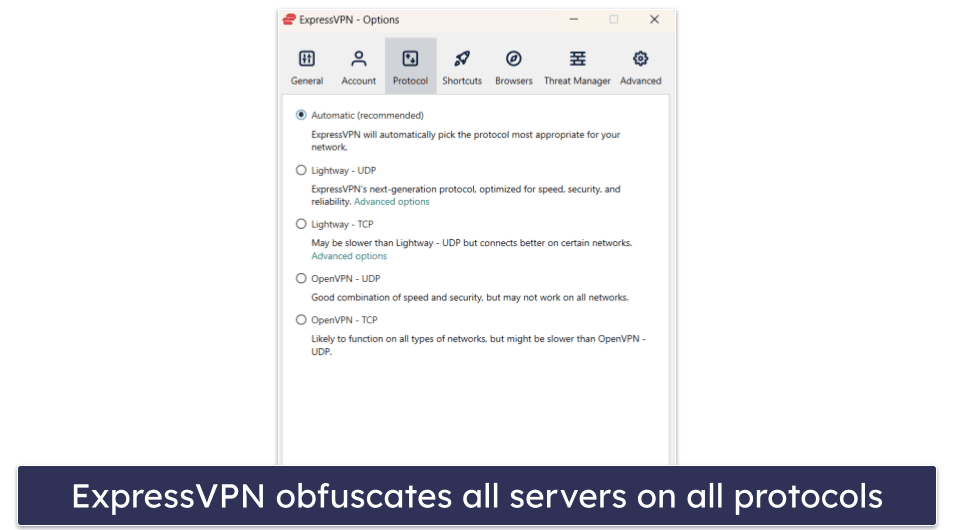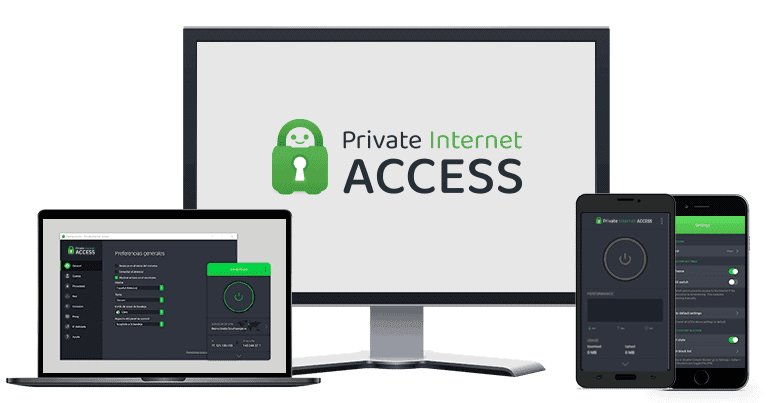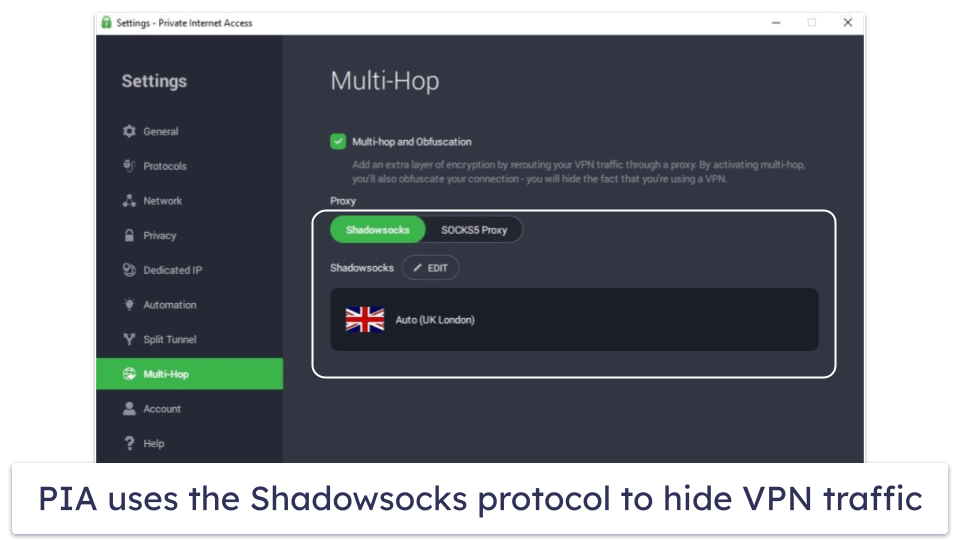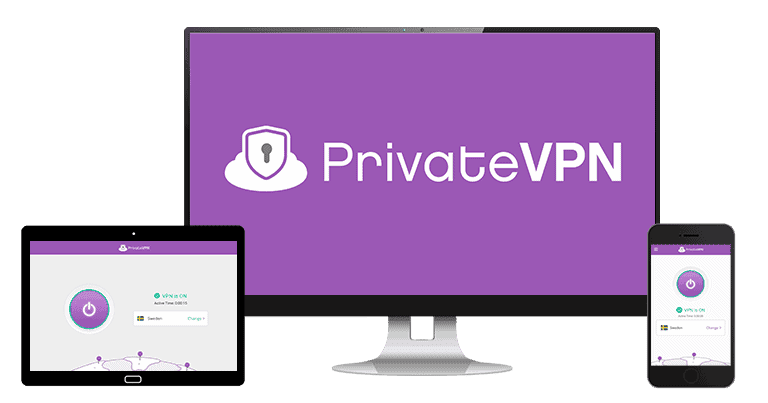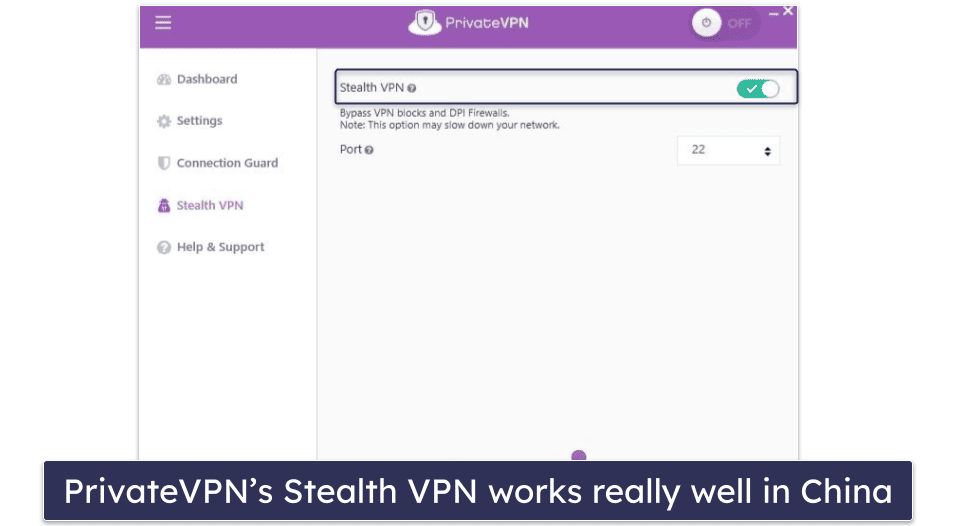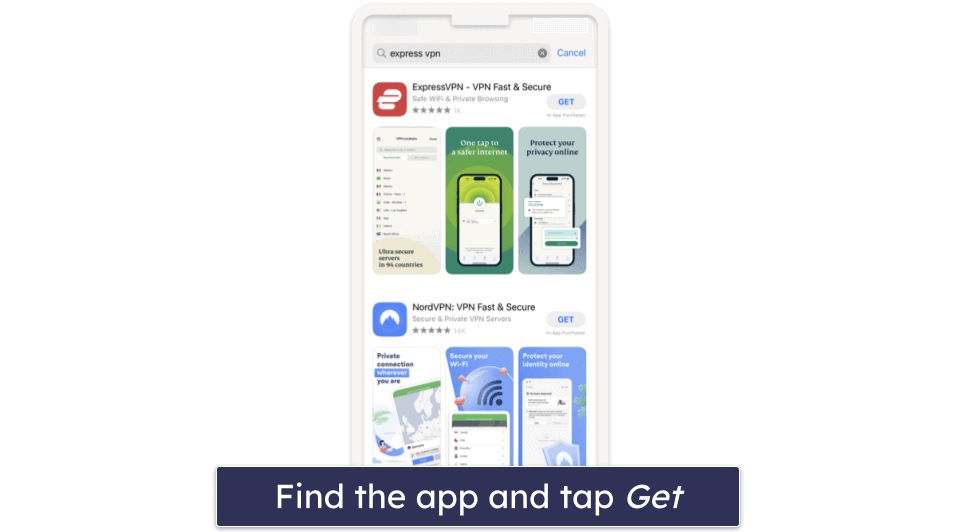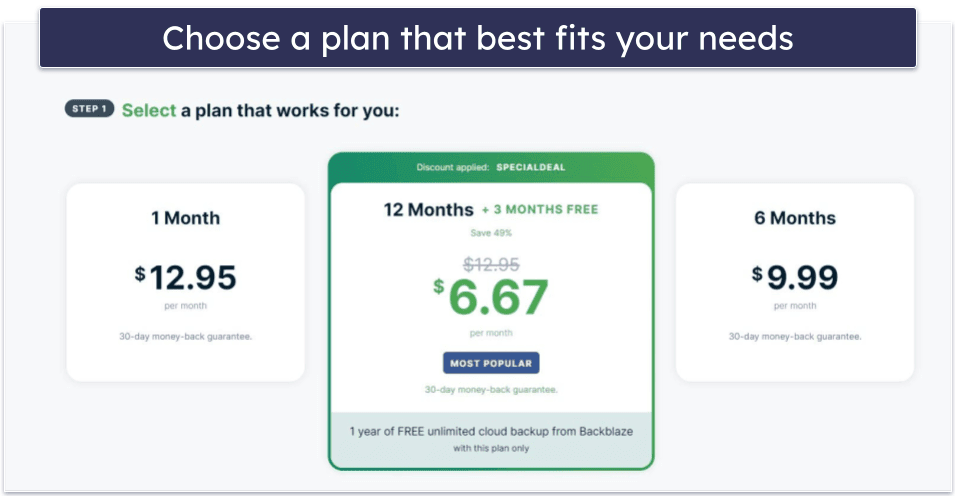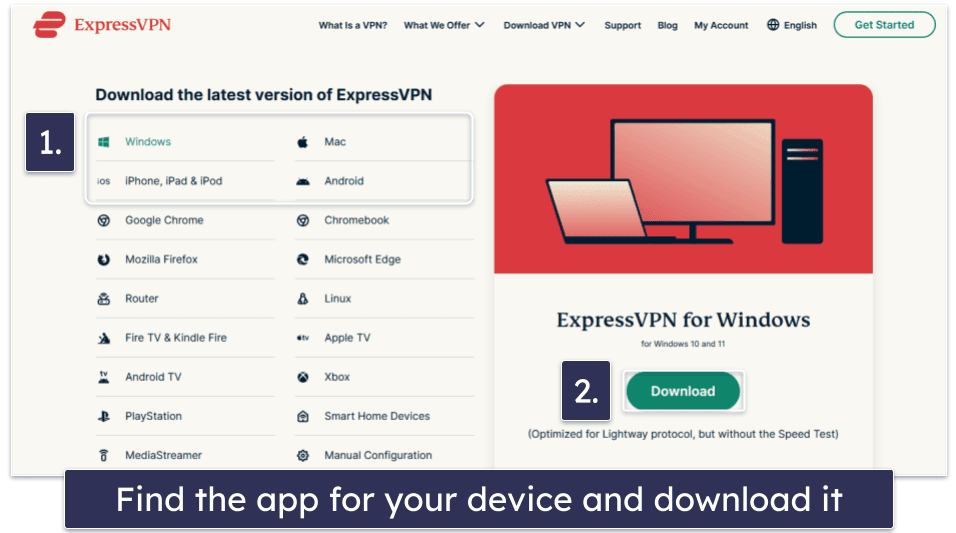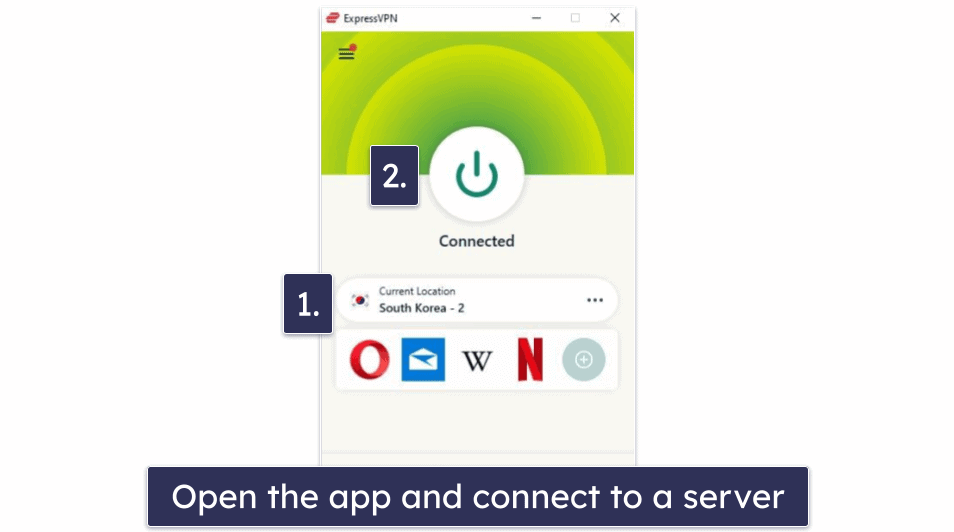
Raven Wu
Updated on: November 28, 2023
Only 3 Steps (Quick + Easy) to Access Gmail from China in 2024:
- Step 1: Download and install a VPN. Only a handful of VPNs work in China. ExpressVPN works 100% of the time and is fast, secure, and easy to use.
- Step 2: Enable the VPN’s obfuscation tool. You can usually find the option in the settings menu. Note that depending on the obfuscation tool, it may only be available on certain VPN protocols.
- Step 3: Connect to a server outside of China. Then log into your Gmail account. You’re all set! You can now send and receive messages on Gmail in China.
If you use Gmail and you’re in China, you’ll find your inbox is unavailable. China bans Gmail, so whether you need it for work-related or personal reasons, you won’t be able to use it.
Fortunately, you can access Gmail in China by using a VPN and save yourself the headache of switching to a different email service provider. A VPN changes your IP address to one that matches your new server location — if you connect to a server that’s in a country that doesn’t ban Gmail, you’ll be able to use it from China.
However, not all VPNs are good for this purpose. China uses sophisticated technology to detect and block certain VPN traffic, and most VPNs don’t have the obfuscation tools necessary to evade it.
After extensive research, I found 3 VPNs that work consistently in China and would allow you to use Gmail there. My favorite of the bunch is ExpressVPN due to its fast speeds.
Best VPNs for Accessing Gmail from China in 2024
- 🥇1. ExpressVPN — Best overall VPN for accessing Gmail in China.
- 🥈2. Private Internet Access — Secure VPN for privately using Gmail in China.
- 🥉3. PrivateVPN — Beginner-friendly VPN for using Gmail in China.
- Comparison of the Best VPNs for Accessing Gmail in China in 2024.
Using an unauthorized VPN is illegal in China. There are no reported cases of the government taking legal action against individuals for this reason — it’s only targeted Chinese citizens who set up and sell illegal VPNs. Nevertheless, I advise you to exercise caution when using a VPN in China and follow all rules and regulations in your location.
🥇1. ExpressVPN — Best VPN for Accessing Gmail from China in 2024
ExpressVPN is my top pick for using Gmail in China (and the best VPN for restrictive countries). Its support representatives confirmed that it works in the country, and it has servers in nearby countries where Gmail is available, including Hong Kong, Japan, and Singapore, which is great for getting the fastest possible speeds.
This provider offers excellent obfuscation, which disguises VPN traffic as regular internet traffic, ensuring seamless access to Gmail at all times. I especially like how obfuscation is automatically enabled on all of its servers and all VPN protocols, so you don’t have to change anything and aren’t limited in any way.
It’s also excellent for keeping your communications on Gmail private and secure. It prevents DNS, IPv6, and WebRTC leaks, uses perfect forward secrecy, which means it frequently changes the encryption key used to secure your data, and employs RAM-only servers, which wipes all data on them when rebooted. Additionally, it has a no-logs policy that’s been independently audited and confirmed multiple times.
ExpressVPN has the fastest speeds on the market. I tested it by connecting to a server in a nearby country (I’m based in Taiwan) — Gmail loaded quickly, and I didn’t experience any lag during voice or video calls.
I think it’s great that ExpressVPN has a split-tunneling feature, too, which lets you choose which app traffic you want to route through the VPN tunnel and which you want to use your regular internet connection. This means you can use Gmail in China through the VPN without slowing down any of your other apps.
ExpressVPN offers several plans that start at $6.67 / month. You get what you pay for — there’s no better VPN out there for accessing Gmail in China. It also comes with a 30-day money-back guarantee, so you can try it out risk-free.
Read our full ExpressVPN review
🥈2. Private Internet Access — Great Privacy Features for Using Gmail in China
Private Internet Access (PIA) has strong security features for privately using Gmail in China. It offers full leak protection, uses perfect forward secrecy and RAM-only servers, its no-logs policy has been independently audited and also proven multiple times in court, and it regularly releases transparency reports to show it doesn’t share any user data with governments or third parties. Plus, all of its apps are open-source, so anyone can inspect the code for issues,
PIA uses the Shadowsocks protocol for obfuscation, which is very effective at concealing your VPN traffic, so you can access Gmail 24/7. Note that this protocol isn’t available on its iOS app — I recommend getting ExpressVPN if you want to use Gmail in China on your iPhone.
This provider has fast connection speeds to support a lag-free Gmail experience in China. It has servers in Macau, Hong Kong, Japan, and Singapore, so you’ll have no problem finding nearby servers for good speeds. When I connected to a server in a nearby country using the Shadowsocks protocol, Gmail loaded within seconds, and my voice and video calls were very smooth.
PIA includes an advanced split-tunneling feature on desktop that allows you to split-tunnel both IP addresses and apps, so you won’t have to route your entire browser traffic just to use Gmail while in China. Plus, PIA is one of the few VPNs that offers split-tunneling on macOS, alongside ExpressVPN.
Its apps are feature-rich, with a user-friendly design that makes it easy to find and enable obfuscation and connect to a server. I also really like how they’re highly customizable, so you can tailor the app to your specific needs.
Private Internet Access (PIA) starts at a very affordable $2.11 / month, and it’s one of the cheapest VPNs on the market. All of its plans are backed by a 30-day money-back guarantee.
Read our full Private Internet Access review
🥉3. PrivateVPN — Beginner-Friendly VPN for Unblocking Gmail in China
PrivateVPN is good for using Gmail in China for people new to VPNs. Its app interfaces are very intuitive and easy to navigate — it only took me a few seconds to enable Stealth VPN, which its support reps confirmed works in China, and connect to a server. Plus, I like that it includes a Simple View mode on its desktop apps, which hides most customization features to streamline your experience.
This provider offers decent speeds. In my tests, I didn’t have to wait more than 1–2 seconds for my Gmail inbox to load, and I didn’t encounter any lag in my voice and video chats. PrivateVPN has servers in key locations near China, like Hong Kong, Japan, South Korea, Singapore, and Taiwan, so you won’t be forced to connect to distant servers and deal with unnecessary slowdowns.
It’s got great privacy and security features, including perfect forward secrecy, but, unlike ExpressVPN and Private Internet Access, it’s missing RAM-only servers and its no-logs policy has never been audited. I was also disappointed to find that PrivateVPN doesn’t have a split-tunneling feature, which means you’ll slow down all of the internet traffic on your device when accessing Gmail in China.
PrivateVPN’s plans start at just $2.00 / month, making it a great budget option for accessing Gmail in China. It backs all subscriptions with a 30-day money-back guarantee.
Read our full PrivateVPN review
Comparison of the Best VPNs for Accessing Gmail From China in 2024
How to Choose the Best VPN for Accessing Gmail from China in 2024
- Get a VPN that works in China 100% of the time. Most VPNs don’t work consistently in China, but all of the VPNs on my list will let you use Gmail 24/7 in China, so you’ll never miss any important messages.
- Check for strong privacy and security features. Get a VPN with industry-standard security features, including bank-grade 256-bit AES encryption, a kill switch, which disconnects your internet if your VPN connection drops to prevent accidental data leaks, and a no-logs policy, which means the provider doesn’t log your IP address or your online activities. Top VPNs also protect you against DNS, IPv6, and WebRTC leaks.
- Test for fast connection speeds. All VPNs reduce your speeds to some extent due to the encryption process and you lose some extra speed for using obfuscation technology when in China. So if you don’t want to wait forever for your Gmail to load in China, you’ll need a really fast VPN, like the ones I recommend.
- Go for a VPN with servers in nearby countries. Connecting to a nearby location will get you the fastest possible speeds, so you want to get a VPN that has servers in countries like Hong Kong, Japan, Singapore, Taiwan, and/or South Korea. The VPNs on my list all have servers in countries that are near China.
- Find a VPN with easy-to-use apps. All of the VPNs I recommend have intuitive apps for all major platforms, so you can check your Gmail on any device — even if you’ve never used a VPN before!
- Choose a VPN that provides good value. I only recommend VPNs with flexible and affordable plans, that allow a minimum of 5 simultaneous connections, and that come with a money-back guarantee, so you can test out their features risk-free.
How to Access Gmail from China on Any Device
How to Access Gmail on Your Windows PC or Mac Computer
- Choose a VPN that works in China. I recommend ExpressVPN — its support reps confirmed that it works in China 100% of the time, which means you’ll have no problem using Gmail there.
- Download and install the VPN. If you can, get the VPN app from the provider’s website before you get to China and then run the installer. The on-screen instructions will guide you through the rest of the process. If you’re already in China and can reach the VPN provider’s site, reach out to its customer support rep to ask for a mirrored link (this is a copy of the VPN provider’s website).
- Connect to a VPN server outside of China. You’re all set! You can now use Gmail in China on your PC or Mac computer.
How to Access Gmail on Your iPhone or iPad
- Get a VPN with good obfuscation. I like ExpressVPN because it provides obfuscation on all of its servers and VPN protocols, allowing it to work in China, and has user-friendly apps for iPhones and iPads.
- Download and install the VPN app. You can download the VPN app from the App Store before you visit China. Open the app once it’s finished downloading, and the installation wizard will guide you through the setup process. If you’re already in China, ask the VPN’s customer support for a mirrored link.
- Connect to a VPN server where Gmail is available. Connecting to a server in a nearby country, like Taiwan, Hong Kong, Singapore, or Japan will get you the fastest speeds.
How to Access Gmail on Your Android Smartphone or Tablet
- Pick a VPN that works consistently in China. Most VPNs don’t work in China at all because the government uses sophisticated technology to detect and block VPN traffic. But ExpressVPN works in China 24/7, so you’ll always be able to use Gmail while in the country.
- Download and install the VPN. You can find the app on the Google Play Store. Once it’s downloaded, simply follow the on-screen instructions to complete the setup process. This will only take 2–3 minutes. If you’re in China already and can’t find the VPN app, reach out to the provider’s customer support to get a mirrored link to the site.
- Connect to a VPN server outside of China. Then, open the Gmail app. Congratulations! You can now use Gmail in China on your Android phone or tablet!
Why You Can’t Access Gmail in China (& Why You Need a VPN to Access It)
The Chinese government blocked Gmail (and other Google services) as part of its larger effort to control and monitor the internet within its borders. It shuts down any platform that refuses to block services and information that the government doesn’t want its citizens to access on the free and open web.
That’s why the only way to use Gmail in China is with a VPN. Once you connect to a VPN server in another country where Gmail isn’t banned, the VPN assigns you an IP address from that country and lets you use the service in China, and it encrypts your traffic, so the government won’t be able to see what you’re doing online. Keep in mind that you’ll also need to use obfuscation technology since China bans a lot of VPN traffic.
How to Download & Use a VPN for Gmail in China
Windows or macOS Computer
- Go to the VPN provider’s website. When you type in the provider’s name in a search engine, the official website should be the first result you see. From there, click on the site and download the app you need for your device. (Make sure you’re getting a VPN that works in China!) If you’re in China and can’t find the website, you should email the provider’s customer support team and ask for a mirrored link.
To get the VPN on mobile, go to the Google Play store (Android) or the App Store (iOS) on your phone or tablet and search for the VPN app. Then tap the download button. If you’re in China already and the VPN app is not available in your version of the app store, you’ll have to ask for a mirrored link from the provider’s customer support.
- Choose a plan. Select a subscription plan that suits your needs. Long-term plans usually provide better value.
- Enter your payment details. Most VPNs accept credit cards. Some accept PayPal and cryptocurrencies. You may also be asked to provide a valid email address.
- Download the app. Then, let the installation wizard guide you through the setup process.
- Open the VPN app. Sign in to your VPN account and go to the settings menu to enable the provider’s obfuscation tool (the process will be different depending on the VPN you’re using). Finally, connect to a VPN server outside of China. And that’s it! You can now use Gmail in China on your Windows or macOS device.
Frequently Asked Questions
Does Gmail work in China?
No, Gmail doesn’t work in China because it’s blocked by the government. However, you can get around this restriction by using a VPN. A VPN is a tool that can make it seem as if you’re trying to access Gmail from outside of China, and a good VPN with obfuscation is able to evade the Chinese government’s VPN detection and blocking.
What is an alternative to Gmail in China?
People in China use email service providers like NetEase, QQ Mail, Sina Mail, and Sohu Mail. If you’re visiting China and want to continue using Gmail for work-related or personal reasons, you can only do that by getting yourself a good VPN that works in the country.
I recommend ExpressVPN because it works in China 100% of the time, provides the fastest speeds on the market, has strong privacy and security features, and has easy-to-use apps for Android, iOS, Windows, and macOS.
Is it illegal to use a VPN in China to access Gmail?
The short answer is no. VPNs aren’t illegal to use in China, but the only VPNs that are legal in the country are government-approved VPNs. These VPN providers are required to abide by the government’s censorship policies and provide the government with a backdoor that makes them insecure. Most VPNs refuse to do that, so they’re, technically, illegal in China.
That said, I haven’t been able to find any reports where the government punished a citizen or a tourist in China for using a non-approved VPN so far. For now, the government only seems to go after Chinese citizens who create and sell unapproved VPNs. Still, I recommend being careful if you plan to use a VPN in China and following all local rules and regulations. I don’t endorse the use of a VPN for illegal purposes.
Are there any free VPNs that work with Gmail in China?
You may have some luck with a couple of free plans, but it’s highly unlikely. The Chinese government employs sophisticated technology to detect and block VPN traffic, and most free VPNs don’t have the necessary obfuscation tools to combat it. Free VPNs also come with various other limitations, such as weak privacy and security, slow speeds, and a lack of options when it comes to server locations. Honestly, it’s much easier and safer to get an affordable paid VPN that works in China.




